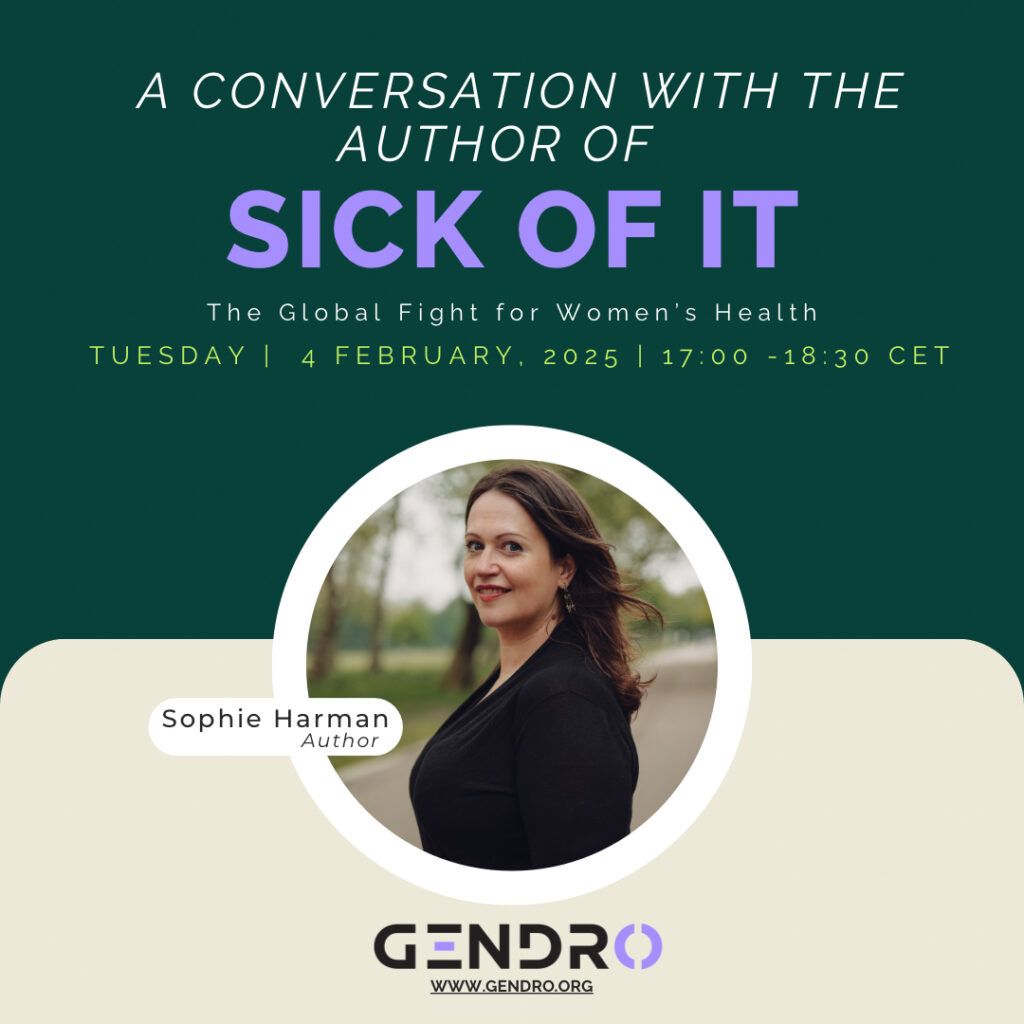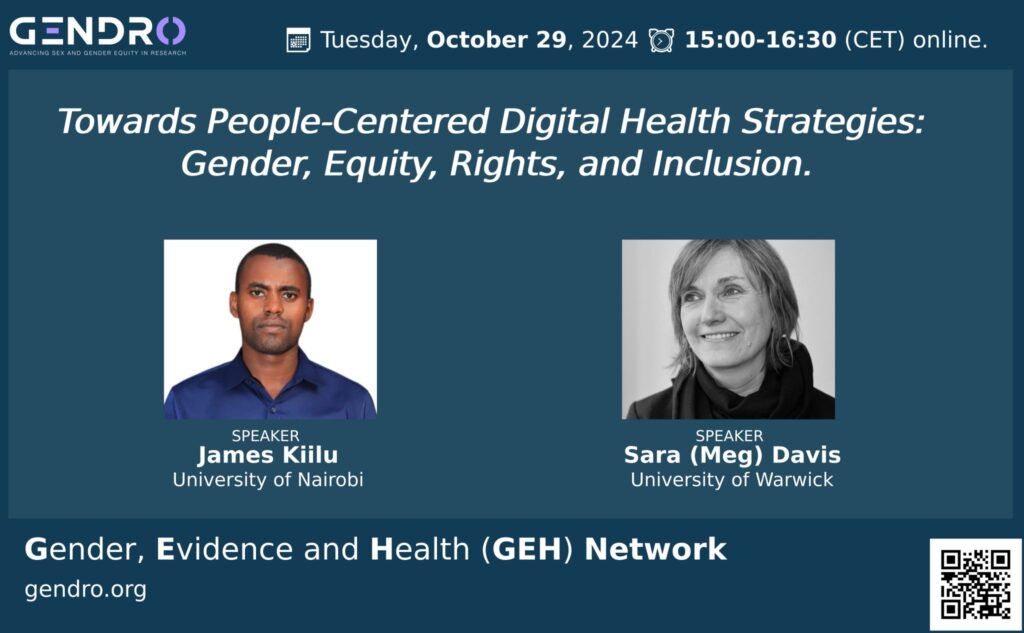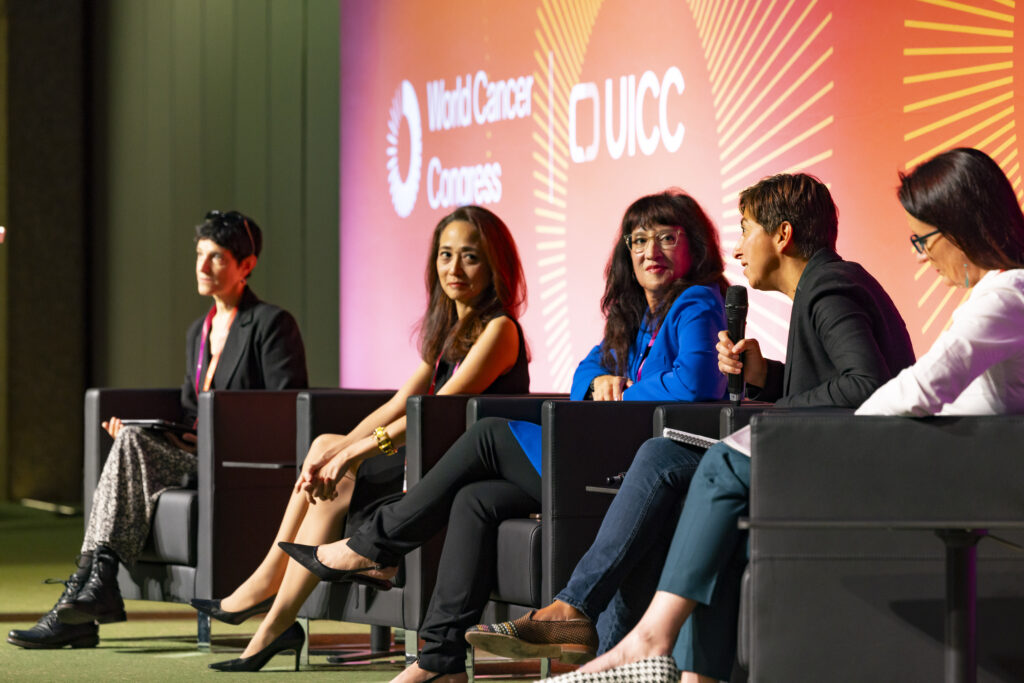
Press release: GENDRO Raises Alarm Over Rollback of Diversity and Equity Initiatives in U.S. Research
27 January 2025 | GENDRO and 22 civil society and academic partners
GENEVA, SWITZERLAND (27 January 2025) The recent decisions by the U.S. Food and Drug Administration (FDA) to eliminate resources promoting diversity in clinical trials1, and the removal of information on NOH website about the NIH Sexual & Gender Minority Research Office (SGMRO)2, which coordinates sexual and gender minority (SGM)-related research, represent significant setbacks in addressing gender and other biases in medical research. These actions threaten to undermine decades of progress aimed at ensuring medical studies and health research accurately reflect the diverse populations they are intended to serve. Diverse representation in clinical trials is not merely a matter of equity; it is essential for scientific validity. The exclusion or underrepresentation of certain groups can lead to findings that are not generalisable, potentially compromising patient care and outcomes. Without efforts to address gender and other biases in health research, health disparities will deepen, and social inequities will persist.
Women’s underrepresentation in clinical trials and inadequate attention to sex and gender dimensions in clinical studies have already been shown to cause risks to women’s health. For instance, a 2001 report by the U.S. Government Accountability Office found that eight out of ten prescription drugs withdrawn from the U.S. market since 1997 posed greater health risks for women than for men.3 In addition, in 2013, the FDA issued a safety notice recognising sex differences in the metabolism of the drug zolpidem and lowered the recommended dose for women to mitigate next-morning impairment risks.4 These examples showcase how neglecting sex and gender aspects can undermine the generalisability of medical research and underscore the importance of considering sex and gender factors in drug trials before drug approvals.
Likewise, the risk of removal of initiatives such as the SGMRO further marginalises populations already underrepresented in research, leaving their unique health needs at risk of being neglected. This action deepens the disparities faced by people of diverse sexual orientation and gender identities and expression and sex characteristics, further excluding them from the evidence base that informs diagnostics, treatments, and policies, and ultimately limiting advancements in equitable healthcare.
We call upon the European Medicines Agency and other regulatory and research bodies worldwide to intensify their commitment to ensuring that medical and health research reflects the diversity of the populations it serves. It is imperative that considerations of sex and gender, and their intersections with other variables, are integrated into study designs, data collection and analysis, and reporting, as recommended by the SAGER guidelines5. Such diligence can ensure that medical interventions are safe and effective across all segments of the population, improving diagnostic accuracy, treatment efficacy, and effectiveness of policy interventions.
GENDRO remains steadfast in its dedication to promoting gender equity and diversity in scientific research. We will continue to advocate for policies and practices that uphold the principles of gender equality, diversity, and inclusivity, recognising that such an approach is fundamental to scientific rigour and integrity, and to advancing health equity, leaving no one behind.
References
1.FDA purges clinical trial diversity pages | STAT. https://www.statnews.com/2025/01/23/fda-purges-pages-clinical-trial-diversity-after-trump-dei-ban/ (accessed Jan 26, 2025).
2. https://dpcpsi.nih.gov/sgmro (accessed Jan 26, 2025) 404 Error page.
3. Drug Safety: Most Drugs Withdrawn in Recent Years Had Greater Health Risks for Women. GAO-01-286R Drugs Withdrawn From Market. United States General Accounting Office, 2001.
5. Heidari S, Babor TF, De Castro P, Tort S, Curno M. Sex and Gender Equity in Research: rationale for the SAGER guidelines and recommended use. Research Integrity and Peer Review 2016; 1: 2.
About GENDRO
GENDRO is a non-for-profit, non-governmental, independent association registered as a charity in Geneva, Switzerland with the mission to advance equity through the integration of sex and gender dimensions in research across disciplines. Our vision is to work collaboratively with partners, identify gaps, strengthen capacity, generate evidence, and advocate for academic research and any forms of knowledge production to create more equitable solutions to the societal challenges of our time. To learn more about GENDRO please visit our website.
Contact
For questions relating to this press release, please contact: info@gendro.org





